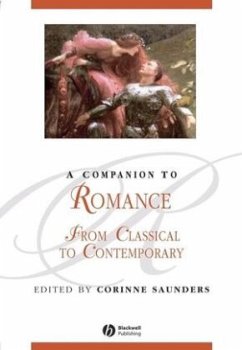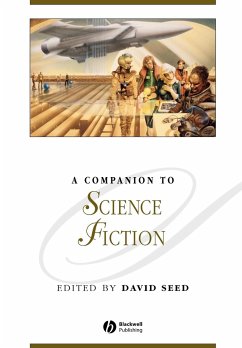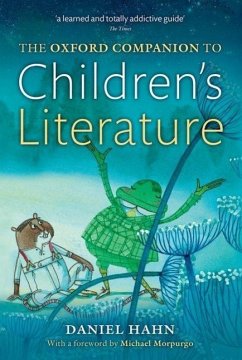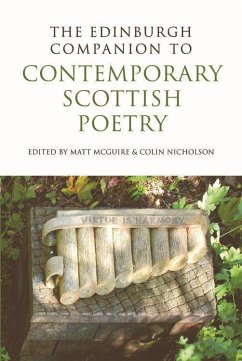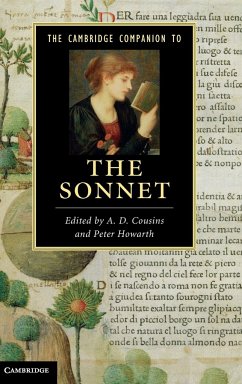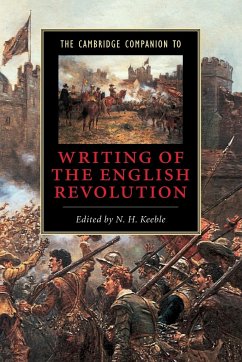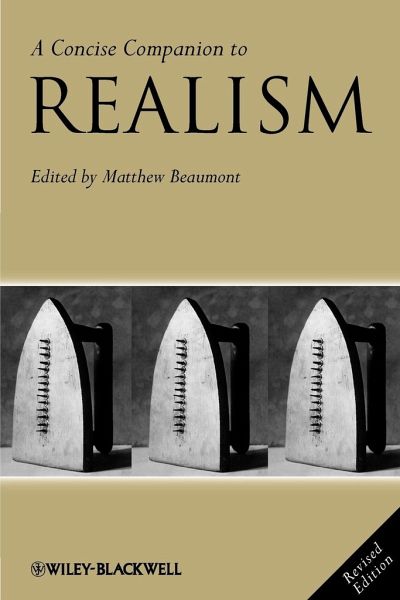
Concise Companion Realism
Versandkostenfrei!
Versandfertig in über 4 Wochen
52,99 €
inkl. MwSt.

PAYBACK Punkte
26 °P sammeln!
A Concise Companion to Realism offers a scholarly yet accessible introduction to realism as it has evolved since the 19th century. Comprising 17 newly-commissioned essays written by a distinguished group of contributors, including Slavoj Zizek, Fredric Jameson and Terry Eagleton, this wide-ranging volume: * Provides the historical, cultural, intellectual, and literary contexts necessary to understand developments in realism * Addresses the artistic mediums and technologies such as painting and film that have helped shape the way we perceive reality * Explores literary and pictorial sub-genres ...
A Concise Companion to Realism offers a scholarly yet accessible introduction to realism as it has evolved since the 19th century. Comprising 17 newly-commissioned essays written by a distinguished group of contributors, including Slavoj Zizek, Fredric Jameson and Terry Eagleton, this wide-ranging volume: * Provides the historical, cultural, intellectual, and literary contexts necessary to understand developments in realism * Addresses the artistic mediums and technologies such as painting and film that have helped shape the way we perceive reality * Explores literary and pictorial sub-genres such as naturalism and socialist realism. Each section concludes with a short bibliography and a guide to further reading.



